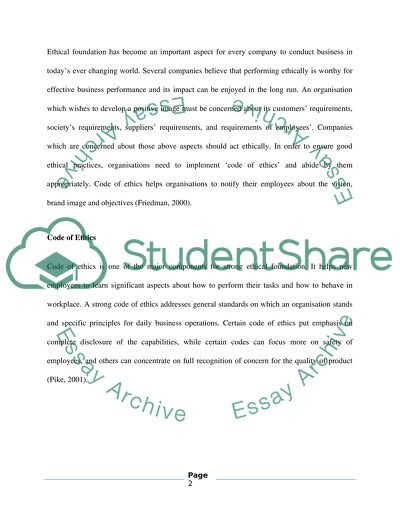Cite this document
(“Sustainable Management Futures: Wal-Mart Case Assignment”, n.d.)
Retrieved from https://studentshare.org/marketing/1393153-sustainable-management-futures-wal-mart-case
Retrieved from https://studentshare.org/marketing/1393153-sustainable-management-futures-wal-mart-case
(Sustainable Management Futures: Wal-Mart Case Assignment)
https://studentshare.org/marketing/1393153-sustainable-management-futures-wal-mart-case.
https://studentshare.org/marketing/1393153-sustainable-management-futures-wal-mart-case.
“Sustainable Management Futures: Wal-Mart Case Assignment”, n.d. https://studentshare.org/marketing/1393153-sustainable-management-futures-wal-mart-case.


